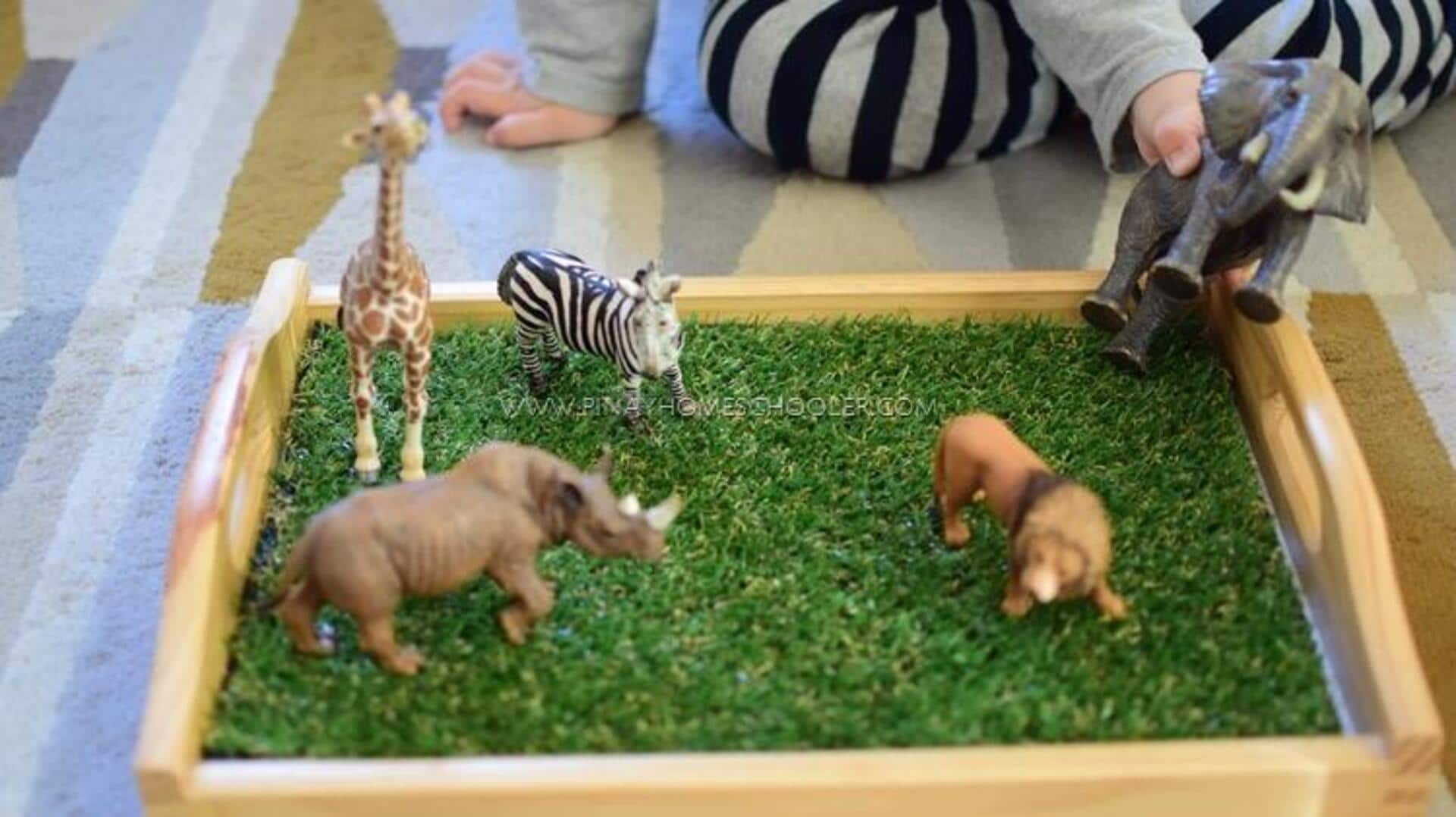
Why animal habitat projects are great for your kids
What's the story
DIY animal habitat projects promote children's environmental awareness excellently. They learn about different species and their ecosystems, nurturing a sense of responsibility toward nature. In building these habitats, kids gain hands-on experience and problem-solving skills. This teaches them about biodiversity and develops empathy towards living beings.
Drive 1
Encourages creative thinking
Building animal habitats requires creativity and innovation. Children must think critically about the needs of the animals they are creating homes for, like space, materials, environment conditions, etc. This process encourages them to brainstorm solutions and experiment with different ideas. As they work through challenges, kids learn to adapt their designs, enhancing their creative thinking abilities.
Drive 2
Promotes teamwork skills
Most DIY habitat projects involve kids working together. Not only does it help them pool ideas and responsibilities, but they also learn from each other's strengths and weaknesses. This teamwork also enhances their communication skills, as they discuss plans and negotiate roles between them on the project. By cooperating, kids get to understand the value of working towards a common goal.
Drive 3
Enhances environmental knowledge
Through building animal habitats, kids learn about different ecosystems and the specific needs of different species. They learn how animals interact with their surroundings and why it is important to preserve natural habitats for biodiversity conservation. This knowledge lays a foundation for environmental stewardship as kids become more conscious of ecological issues impacting wildlife.
Drive 4
Develops problem-solving abilities
Creating functional animal habitats isn't easy. Children will have to overcome obstacles, like material limitations or design flaws. They'll need to identify problems that arise during construction and devise practical solutions to address them effectively. This not only enhances their problem-solving abilities by encouraging them to think analytically, but also boosts their confidence in tackling real-world challenges on their own.
Drive 5
Fosters empathy towards animals
By doing DIY habitat projects, kids develop empathy towards animals. They think about what makes a comfortable home for different species considering their unique requirements like shelter or food sources naturally available around us all year round.